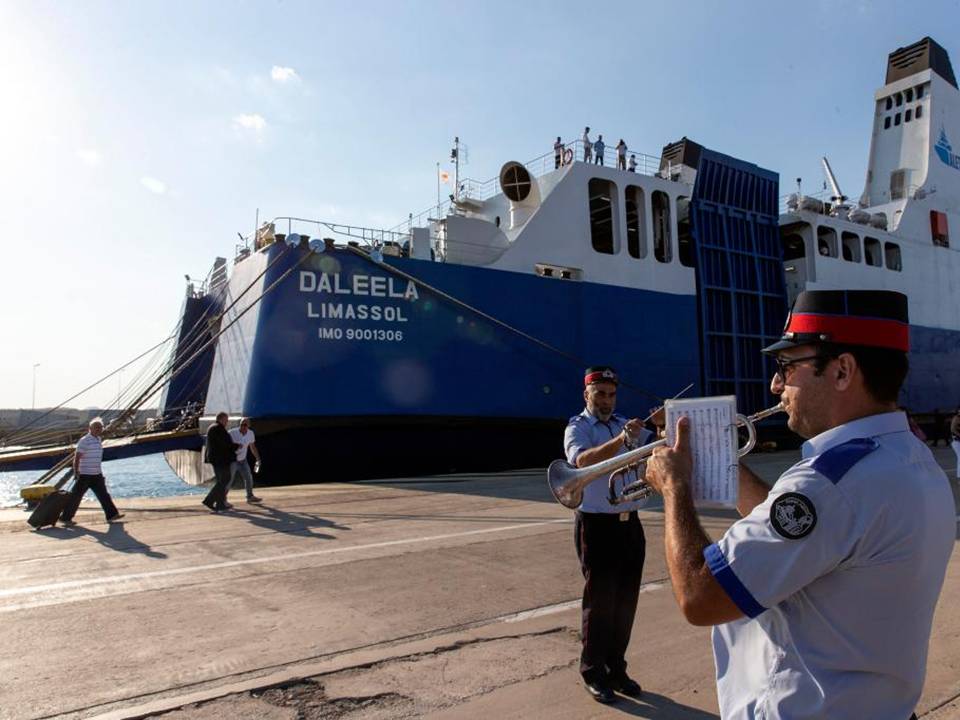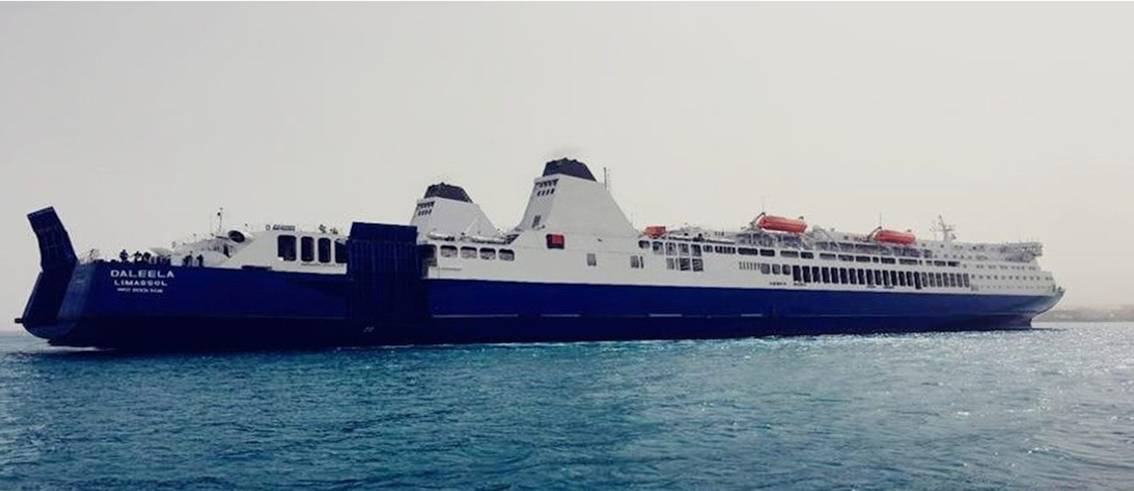Cyprus-Greece Ferry Since 2022
The Cyprus-Greece ferry service resumed in 2022 after a 21-year hiatus and has now been extended for another three years. Funded by the European Union and operated by Scandro Holding’s M/V Daleela, the ferry connects Limassol in Cyprus with Piraeus in Greece. This maritime link provides an alternative to air travel, facilitating travel and trade between the two countries.
Three-Year Agreement
The decision to extend the Cyprus-Greece ferry service reflects its popularity and strategic importance. The ferry not only supports tourism but also strengthens economic and cultural ties between Cyprus and Greece. The reintroduction of the service in 2022 marked a significant revival of maritime connectivity after a two-decade gap.
Historical Context and Significance
The Cyprus-Greece ferry link served as a vital connection for decades, particularly in the 20th century. It acted as a cultural and social bridge between the two nations. However, the service stopped in 2001 due to the rise of affordable and convenient air travel.
The resumption of the ferry in 2022 resulted from strong public demand and government efforts. Older generations, who cherished memories of ferry trips, and environmentally conscious travellers particularly supported the revival.
Launch of the Service
Scandro Holding Ltd., a Cyprus-based company, relaunched the ferry service on June 19, 2022. The M/V Daleela, the ferry vessel, can carry 400 passengers and 100 vehicles, including cars and motorcycles. The ferry departs from Limassol and arrives at Piraeus, covering approximately 600 nautical miles in around 30 hours.
Initially, the service operated seasonally from May to September, aligning with peak travel and optimal weather conditions. The ferry runs weekly, with additional services during high-demand periods.

Economic and Cultural Impact
The ferry service has boosted tourism and local businesses in Limassol and Piraeus. It offers tourists an appealing alternative to flying, combining transportation with a unique travel experience. On-board amenities like restaurants, lounges, and entertainment options enhance the journey.
Culturally, the ferry strengthens the ties between Cyprus and Greece. It facilitates easier movement for families and friends visiting each other and appeals to those who prefer traveling with their vehicles.
Additionally, the ferry aligns with environmental sustainability goals. Maritime travel has a lower carbon footprint compared to air travel, attracting eco-conscious travellers and supporting sustainable tourism efforts.
Challenges and Future Prospects
The ferry service faces challenges, including maintaining profitability and managing ticket affordability. The long sea route is also susceptible to weather disruptions. However, strong public demand and positive responses suggest the service has potential for long-term success.
Future prospects include expanding the service to year-round operations if it continues to perform well. The ferry’s ability to balance economic viability with traveller expectations will determine its future success.
Conclusion
The reintroduction of the Cyprus-Greece ferry service in 2022 has restored a vital transportation link and rekindled a sense of connection between the two countries. By offering a unique and meaningful journey across the Mediterranean, the ferry service bridges the past and present, fostering economic, cultural, and environmental benefits for Cyprus and Greece.




